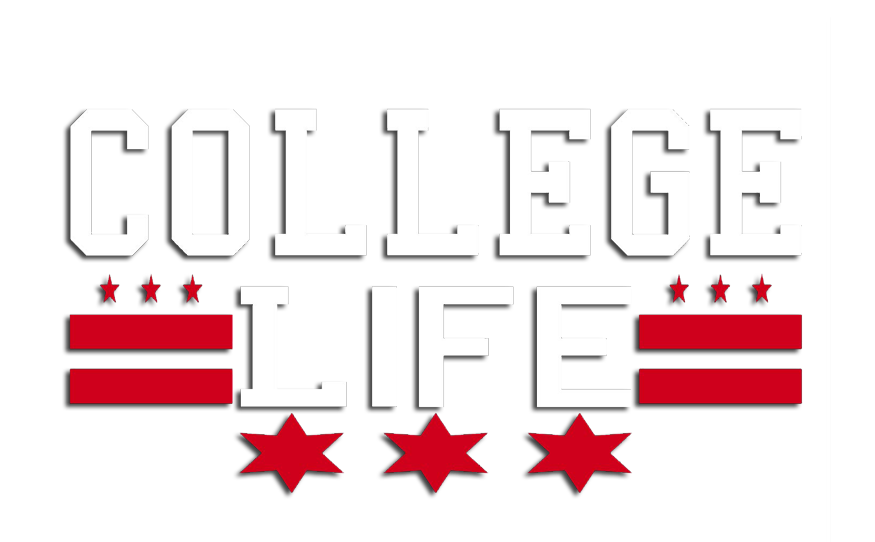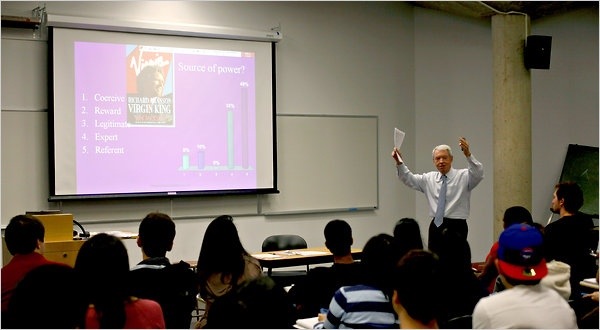Last week I observed a student laughing to herself as she was looking down at something inside of her sweater pocket. I knew that my lecture about Chinese business etiquette customs was not funny, and I definitely wasn’t having my students complete a class activity that required peering inside their pockets. What was unfolding is quite a common occurrence: A student thought that she was getting away with text messaging because I did not directly tell her to put her cellphone away.
I could have easily asked a discussion question from the readings and called on her. Maybe some people would have laughed when she fumbled. I didn’t want to embarrass her in front of the whole class, but trust me, I saw — and noted — what was going on. I hope she doesn’t need an extension this semester.
Text messaging in class is just one example of behaviors that professors notice. This begs the question, “What else do professors see and hear, but never say anything about?” We do have eyes and ears, after all, and usually stand only a few feet away from students.
1. We know when you don’t own the textbook (or read it).
It is obvious students don’t have the book if it is never out during class activities, homework assigned from book pages look wrong and discussion questions about the readings go unanswered.
2. We note patterns about when you miss class.
Absent every day there is a guest speaker? Or every time after a long break? How about on review days when “nothing new is going to be covered”? Professors track these habits, and we know who maxed out on absences before it results in a grade penalty.
3. We see you come to class with an entrance stamp/wristband from a club and talk about how you got wasted.
It is not a professor’s place to comment on students’ personal lives, but it’s difficult to accept that a student is stressed out or overwhelmed by work when they are wearing a club wristband.
4. We have to breathe when you make snide comments about the course to classmates.
Students oftentimes take out their frustrations as a result of procrastinating on the professor. When students make rude remarks about the instructor, the assignment, the grading policies or the content, professors usually don’t want confrontation or to escalate the situation. Nothing may be said at the moment, but you may notice a personal invitation to office hours after class.
5. We recognize when you take notes (if at all).
If professors are covering an item on the test or needed for an upcoming paper, we note who has, or doesn’t have, their binder out. Fair or unfair, a professor will notice that is a poor choice come grade time.
Author
Jorie Scholnik
Assistant professor at Santa Fe College in Gainesville, Fla.,
Teaches career classes and leads an etiquette club.
Etiquette associate under the direction of Jacqueline Whitmore at The Protocol School of Palm Beach
Master’s degree and undergraduate degrees from the University of Florida.
Contact Jorie through The Protocol School of Palm Beach at info@etiquetteexpert.com. You can also follow her on Twitter.






